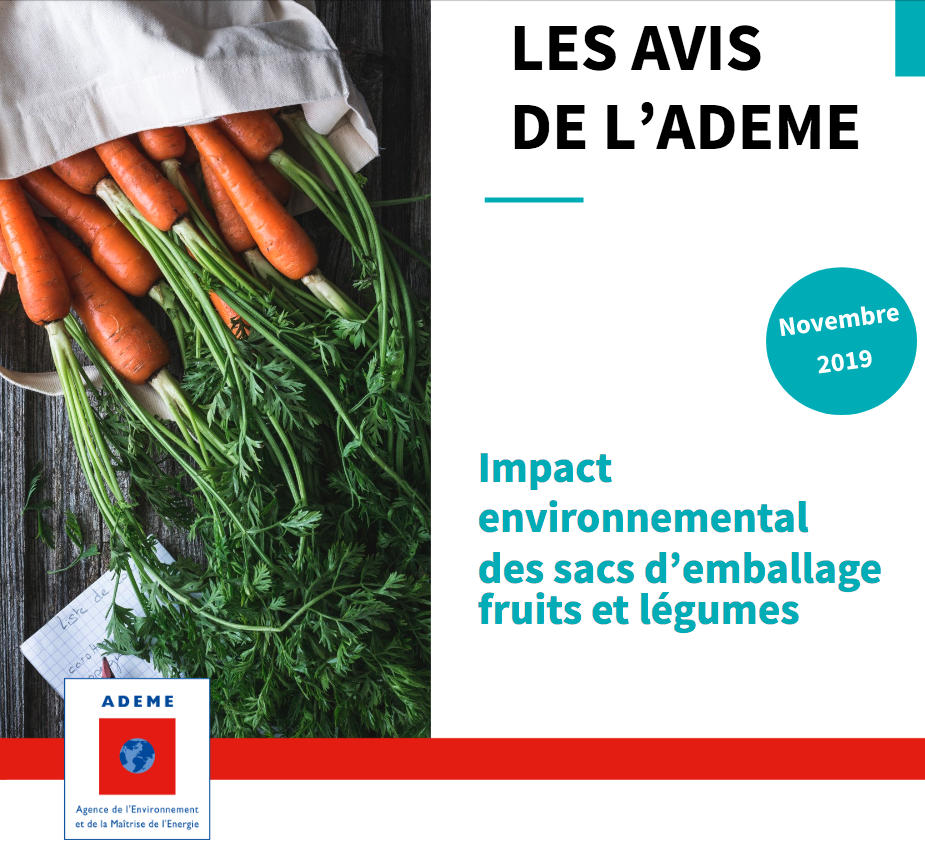French Agency for Environment and Energy Management (ADEME) published positive opinion on bioplastic bags
In many EU Member States the political process that led to the Single-use Plastics Directive has initiated dynamic debates around bioplastics. This is also the case in France, where the national parliament is currently discussing a draft law on anti-waste and circular economy. Amongst other possible instruments, the draft also includes restrictions against plastic bags.However, [...]


